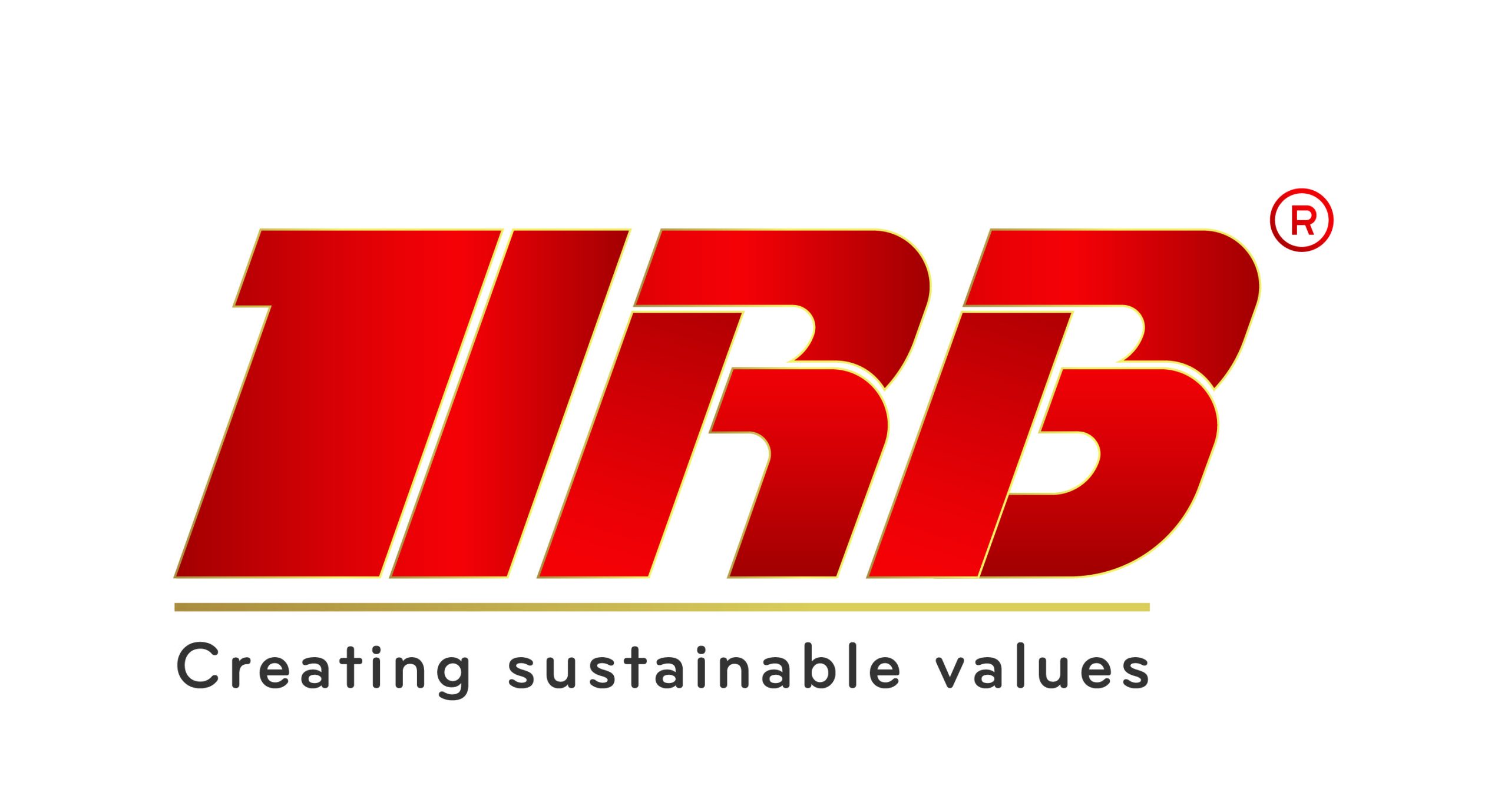
Vietnam’s rubber exports in November 2021 were estimated at about 210 thousand tons, worth 354 million USD, up 2.6% in volume and 4.4% in value compared to October 2021.
The Import-Export Department (Ministry of Industry and Trade) said that the Covid-19 epidemic situation in rubber-growing provinces such as Binh Phuoc, Binh Duong, Tay Ninh and Dong Nai is still complicated, affecting business activities. production and harvest of rubber latex.
In November 2021, smallholder rubber latex purchased by traders fluctuated around 290-335 VND/degree TSC. In Binh Phuoc, the purchase price of latex fluctuates at 293-333 VND/degree TSC, down 10 VND/degree TSC compared to the end of October 2021. In Dak Lak, the price of the first cup of latex is 16,000-18,000 VND/kg depending on the type. In Binh Duong, the purchase price of raw rubber latex fluctuates around 334-336 VND/degree TSC. In Dong Nai, the purchase price of raw rubber latex fluctuates at 330 VND/degree

Production activity recovered strongly since many southern localities safely and flexibly adapted and effectively controlled the Covid-19 epidemic, thereby boosting rubber exports again. It is estimated that in November 2021, Vietnam’s rubber exports will reach about 210 thousand tons, worth 354 million USD, up 2.6% in volume and 4.4% in value compared to October/October. 2021; compared to November 2020, down 3% in volume, but up 6.9% in value. The average export price was at USD 1,687/ton, up 1.7% compared to October 2021 and up 10.2% compared to November 2020. In the first 11 months of 2021, Vietnam exported about 1.7 million tons of rubber, worth 2.84 billion USD, up 11.7% in volume and 40.5% in value over the same period last year. 2020.
In the world market, in November 2021, the price of natural rubber at key exchanges in Asia rose to a 6-month high due to supply disruptions and recovery in demand.
Rubber prices in November 2021 fluctuated strongly, prices rose to the highest level in 6 months (November 25, 2021) on the growing hope that auto output will recover after a decline due to microchip shortage. However, the new variant of the SARS-CoV-2 virus caused rubber prices to drop in the last days of the month. With the ability to infect more dangerous than the Delta variant and stronger vaccine resistance, information about the new virus variant caused Asian and European stock markets to simultaneously plunge on November 26, 2021. making the price of natural rubber traded in the world also decrease.
According to the latest report of the Association of Natural Rubber Producing Countries (ANRPC), the world demand for natural rubber in 2021 is estimated to increase by 8.3% compared to 2020, to 14,028 million tons. Based on preliminary estimates from member countries, world natural rubber production is adjusted to 13.836 million tons, up 1.8% compared to 2020. According to data, the world will be short of 192 thousand tons of natural rubber in 2021. Global supply remains tight largely due to irregular, non-seasonal floods that have affected major rubber growing regions in India, Thailand and Malaysia. In particular, Thailand and the main rubber growing areas of Malaysia have experienced a long rainy season due to the influence of La Nina phenomenon. On the other hand, the easing of restrictions related to the Covid-19 pandemic such as the reopening of international borders of some countries and the resumption of more economic activities have significantly contributed to the recovery of the high-tech industry. su.






